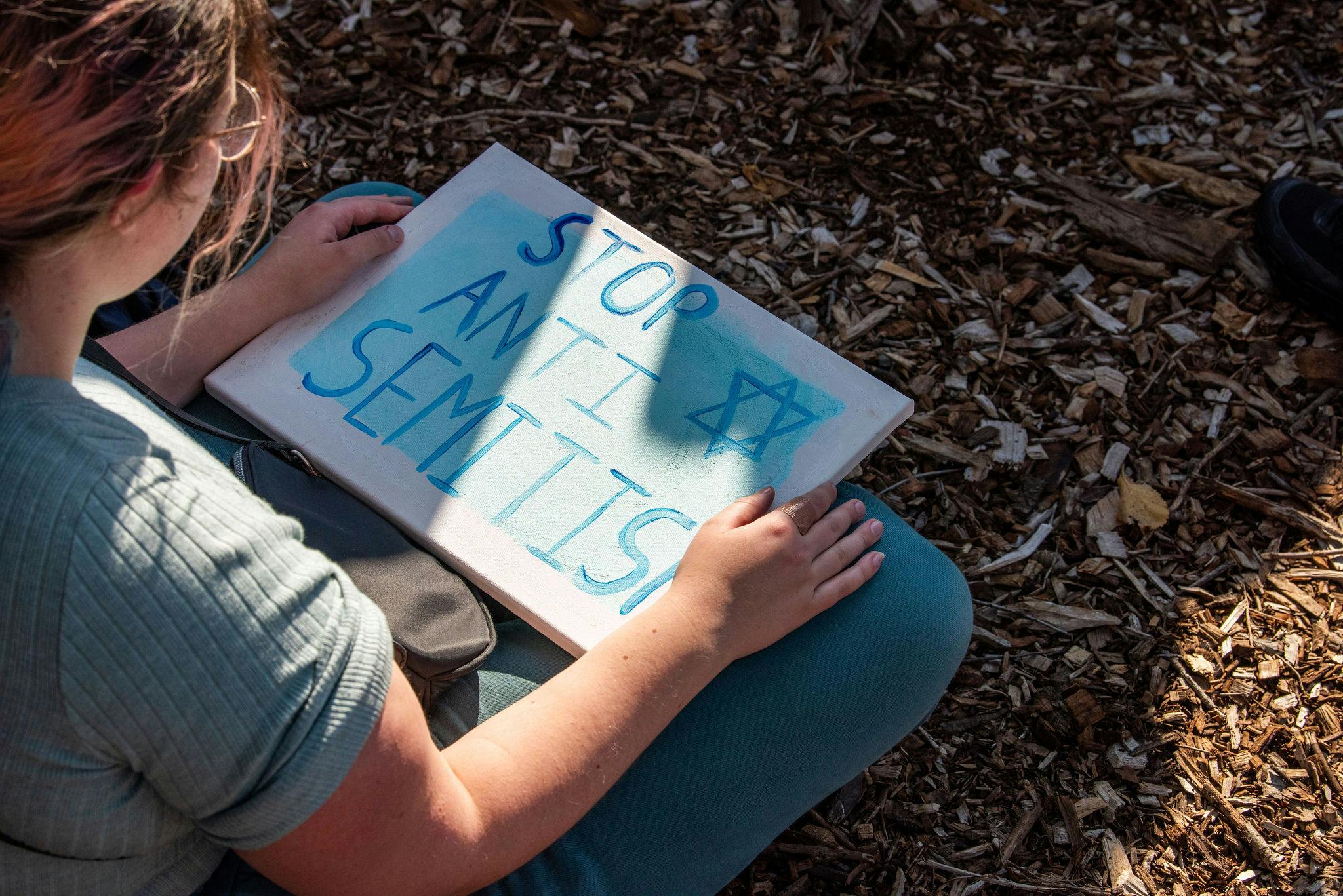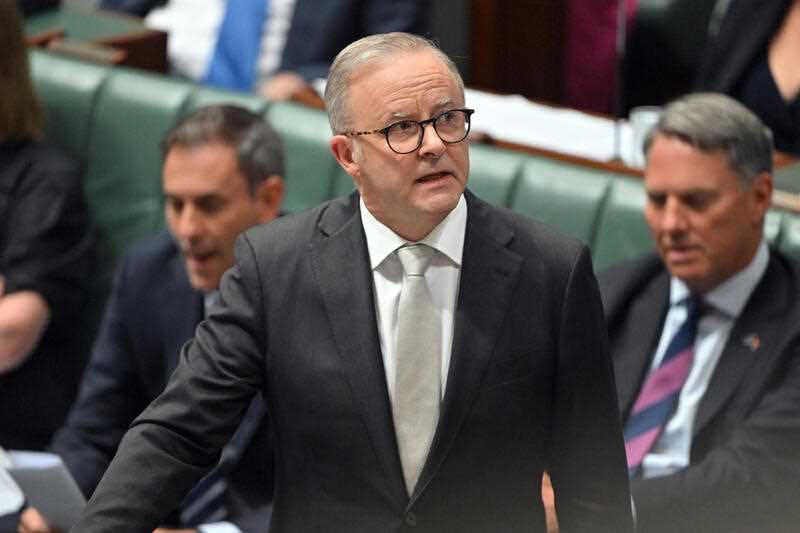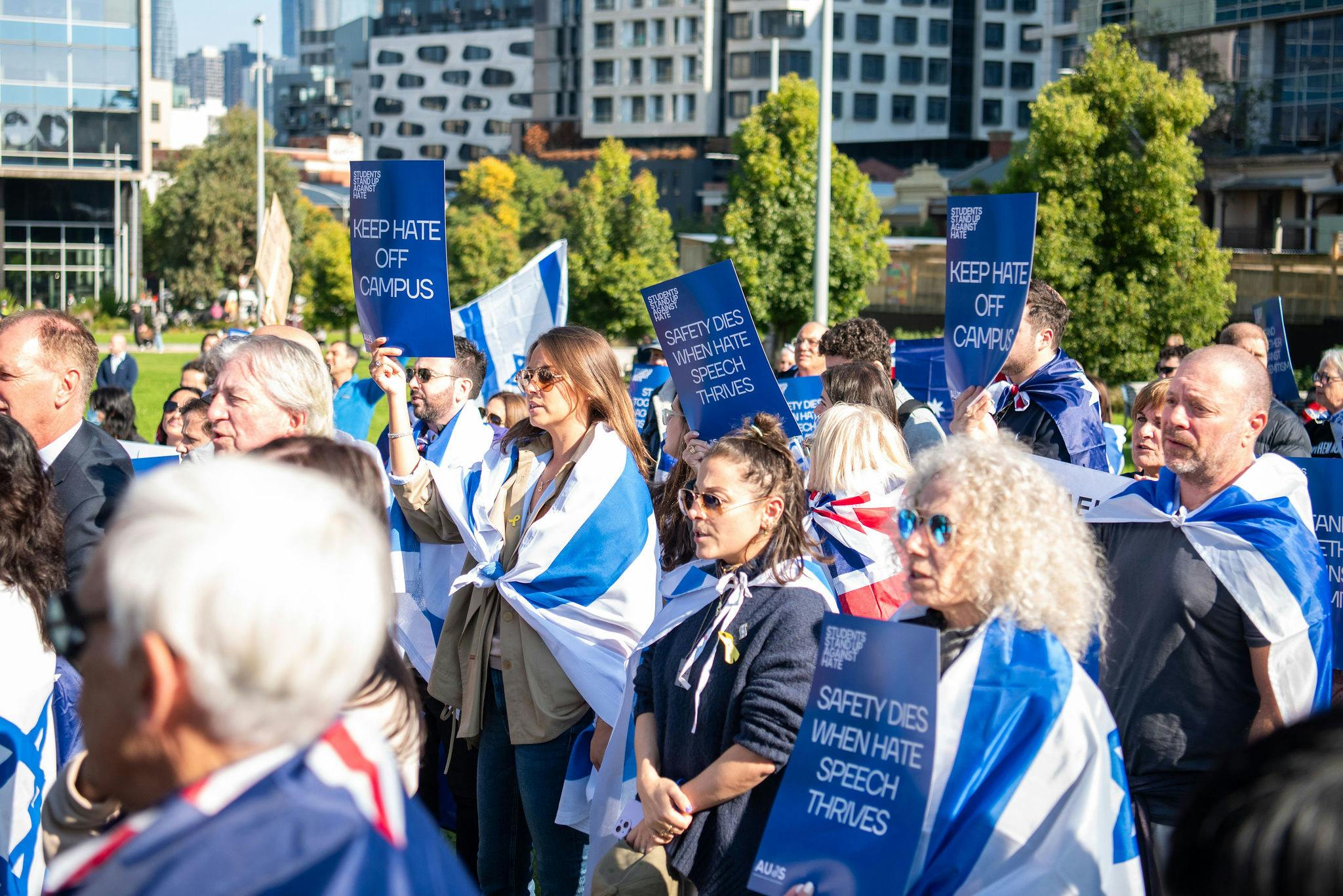Published: 4 March 2022
Last updated: 4 March 2024
GEORGE NEWHOUSE: Jewish communal institutions and media seem strangely silent about the systemic prejudice suffered by indigenous Australians
WHY SHOULD THE Jewish community be concerned about the systemic racism that is leading to the tragic health, justice and socio-economic outcomes afflicting indigenous Australians?
For me it comes down to three things:
My Jewish teachers and rabbis who taught me to love others, to heal the world and seek justice as a basic tenet of my faith. In fact, the first line of my bar mitzvah portion (one of the most moving days in a Jewish boy’s life), begins with the words “Justice, Justice shall you seek”.
Secondly, I grew up surrounded by Holocaust survivors and felt a deep anger about the injustice of their torment. So when I became aware of the discrimination, violence, harassment, abuse and mistreatment of First Nations peoples I could not turn away from their injustice and was compelled to act.
I think the late lawyer and advocate Ron Castan said it best when he wrote: “My determination not to stand by and see the Jewish people downtrodden and persecuted was meaningless if I was standing by and seeing another oppressed people downtrodden and persecuted within my own country.”
Finally, at a deeper level, I recognised that I, like many Australians, had benefited from the colonial system, from theft of another people’s land, from genocide, violence and murder and from the destruction of First Nation's cultures and families.
But what about our communal responsibility? When William Cooper and the Australian Aborigines League marched on the German consulate in Melbourne in 1938 to protest about Kristallnacht, they saw the moral imperative to fight against racism at home and abroad.
Isn’t this the time to reciprocate their brave stance?
The Australian Jewish community has persuasive power to help make societal change. Jewish institutions and media are extremely effective in attacking antisemitism wherever it raises its ugly head – and we should commend them for this. But unless there is a swastika involved, they too often seem strangely silent when First Nations peoples are victims of systemic prejudice, racist attacks and vilification almost daily.
Following in Cooper’s footsteps, the Black Lives Matter marches globally have focused attention on the prejudicial treatment of indigenous and other people of colour. Yet in Australia, Jewish communal organisations and the Jewish media have seemingly not engaged with this aspect of First Nation’s struggles.
My determination not to see the Jewish people persecuted was meaningless if I was standing by and seeing another oppressed people persecuted within my own country - RON CASTAN
I can’t understand why. We live and work on First Nations land. We know what prejudice and discrimination looks like. We know, understand and have experienced the pain of racial hatred and the generational trauma that goes with it.
When George Floyd’s murderer was sentenced in Minneapolis last year, the Australian Jewish media covered the case from a US perspective but did not mention David Dungay, a Dunghutti man from Kempsey, who died in similar circumstances (crying out “I can’t breathe”) and didn’t mention the colossal movement for change that grew in Australia following Floyd’s death.
The Jewish media just doesn’t seem to cover the demands of the local Black Lives Matter families who are calling for the eradication of systemic racism in this country.
In January the home of Black Lives Matters activist Paddy Gibson was attacked by Neo Nazis and as far as I can tell from my searches, the Jewish community made no comment on this event. The story was covered extensively in the mainstream press but did not appear in the Jewish media.
Although Jewish leadership and communal bodies participate in symbolic initiatives like “reconciliation” and “multiculturalism” and some have expressed support for the Uluru Statement, many Jewish leaders believe that articulation of these principles alone contributes to our relationship with First Nations peoples.
But where is the Jewish-led advocacy to expose and end the systemic racism which is a cause of so much disadvantage?
The Jewish community understands overt acts of racism against individuals or communities. And they are exactly that - individual acts – and not state-sanctioned acts that produce or sustain racial inequality.
Other immigrant groups who have fled persecution, like the Sudanese in Australia, have recognised that alliances with First Nations communities are vital in the fight against racism. This is an understandable relationship because they have common experiences with police, the justice system, education, health care and child protection services. These are experiences that are unknown to most Australian Jews.
Although Jewish leaders participate in symbolic initiatives like “reconciliation” and express support for the Uluru Statement, many believe that articulation of these principles alone contributes to our relationship with First Nations peoples.
Perhaps the reluctance towards broader engagement with systemic racism by Australian Jewry has been driven by news reports and opinions in the Australian Jewish media that some members of the US Black Lives Matter movement are antagonistic to Jews or to Israel. It's possible that concern over this issue is being used to deflect questions about our own communal and individual responsibility in the fight against discrimination and racism in Australia where no such links are evident.
There may be other reasons for this lack of engagement. First Nations peoples make up a small fraction of the Australian population. Jews don’t have much interaction with First Nations peoples in business, education, in their suburbs and in their social circles.
However, these reasons do not, and should not, relieve the Australian Jewish community of its duty to stand up and fight discrimination wherever it may appear.
Indeed, we have all benefited from the colonisation of this land, while First Nations people bear the burdens of its legacy. However, the point is not to hold contemporary Australians individually responsible for past atrocities, but to acknowledge that the racist attitudes that enabled these mindsets remain within the fabric of our nation. And unfortunately, these mindsets are hard to see.
If the Jewish community is going to have a meaningful relationship with First Nations peoples, then our Jewish leadership needs to step up from its existing focus on community dinners, pledges, and statements about the principles of reconciliation to actively confronting systemic racism in partnership with First Nations peoples.
Where is the Jewish-led advocacy to expose and end the systemic racism which is a cause of much disadvantage?
Our community can join protests against deaths in custody and against racism or speak out. With First Nations children as young as 10 in youth detention, why haven’t mainstream Jewish organisations signed up to the Raise the Age coalition?
Let us meet with Indigenous organisations such as SNAICC, who are trying to reduce First Nations Child removals, the Coalition of Peaks (a group of 14 Aboriginal and Torres Strait Islander community-controlled peak organisations), and the Partnership for Justice in Health (P4JH) who are demanding health equity, the Aboriginal Legal Services in each state and the many other organisations who do amazing outreach work in their local communities.
The thought of where to start can be overwhelming and confusing, and it might feel too much for each of us, but throughout history individuals have taken a stand and changed the course of people’s lives.
We all know the names of righteous gentiles like Oskar Schindler who protected his Jewish workers from the death camps, and of Chiune Sugihara and Raul Wallenberg - the diplomats who helped thousands of Jews to flee persecution.
In Australia we acknowledge the bravery of First Nations man William Cooper - who wasn’t even counted as a citizen of our nation at the time he stood up for Jews in our darkest hour. Nearly 85 years later we still talk about his impact.
Like William Cooper, when the times demand it, each of us can find a way to make a stand and do better - not just for us but for all Australians.
This is an edited extract from the 2022 Earle Hoffman Memorial Lecture, delivered on February 20 to the Australian Jewish Historical Society.
Photo: David Dungay's nephew, Paul Silva (left) and mother Leetona Dungay outside the Lidcombe Coroner's Court in Sydney, November 2019 (AAP/Peter Rae)




